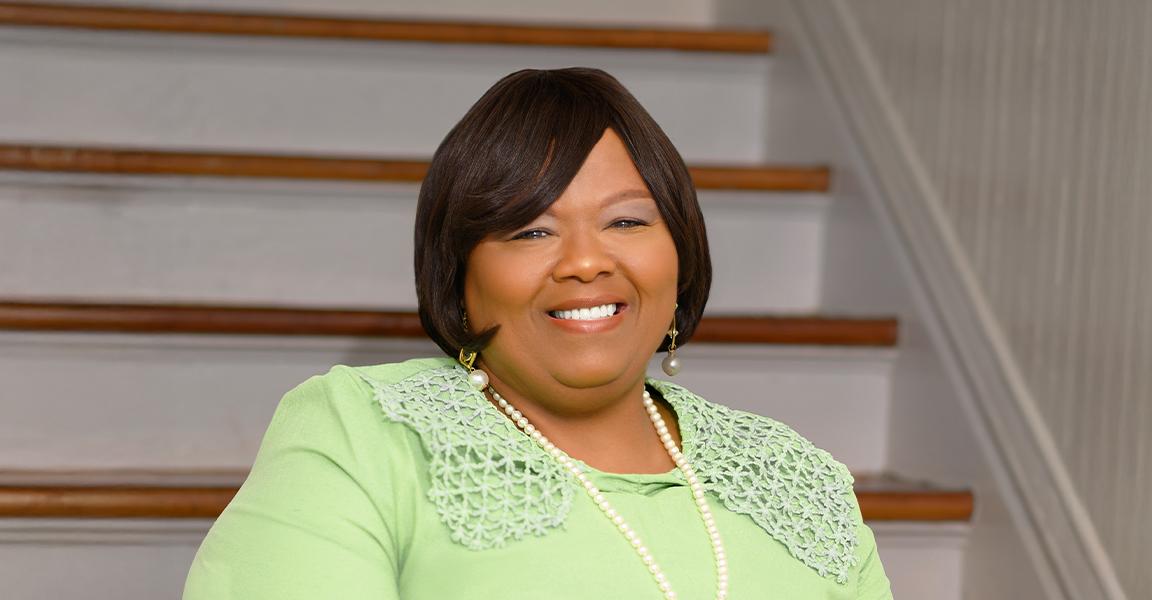“I am not satisfied in making money for myself. I endeavor to provide employment to hundreds of women of my race.” Madam C. J. Walker
Madam C.J. Walker is the first American self-made millionaire, according to the Guinness Book of World Records. She was a hardworking and innovative entrepreneur whose products are sold in the market to this day. Apart from her business legacy, she is also known for her activism and philanthropy.
Early Life and Work
Madam C.J. Walker was born as Sarah Breedlove at a cotton plantation. She was a free child while her parents and her siblings were slaves before the Emancipation Proclamation. Her troubles began at young age as she was orphaned at the age of seven. She moved in with her older sister Louvenia and her “cruel” brother-in-law Jesse Powell. According to Britannica, she left the house at age 14 by marrying Moses McWilliams.
Moses died and left Breedlove as a widow at the tender age of 20. She made a living by working as a washerwoman. Later, she moved up to become a sales agent for the Poro Company, where she sold hair-care products. She also learnt about haircare from her brothers who were working as barbers.
Breedlove started experimenting with new formulas for hair-care products. She learnt much when she started working as a cook for a pharmacist.
Meanwhile, Breedlove married John Davis, but left him later. She got her name Walker from her third husband Charles Joseph Walker, who was a newspaper advertisement salesman, who also became her business partner for her hair-care firm C. J. Walker Manufacturing Company.
Facing Business Challenges
According to the History Channel, Walker was inspired to create a company because she herself was facing a scalp disorder that was making her lose hair. She came up with a range of products that included lotions, pomade, scalp preparations, and iron combs.
There wasn’t a proper distribution system that Walker could rely on. She had to sell her products by knocking on doors and hard selling them to her customers. Her products became a huge hit not only because they were effective, but also because of the personal touch of Walker.
The entrepreneur would not just sell her products, but she also taught women how to groom themselves and style their hair. Most business would mostly ignore the African American market, while Walker took special care to emphasize to her customers how her products have been created keeping in mind their health.
Walker also had a network of schools that trained women to join the cosmetics industry, which opened a new industry of jobs for women who had very few options back then. By 1916, Walker had over 10,000 agents working for her, BBC reported.
Marketing Genius
Since Walker was able to build her initial customer base through her personal touch, she decided to leverage that, and she used her face as the stamp for her products. She could have used the image of a model to promote her products, but she instead chose to use her own face to build trust in the market.
Social Activism and Philanthropy
As a successful businesswoman, Walker could have steered clear of any controversy. However, she used her fame to promote social causes. She spoke out against lunching and made it her mission to empower women through her company. Most of her sales team comprised of African American women.
Some of the organizations that Walker donated to include African American Young Men’s Christian Association (YMCA) and National Association for the Advancement of Colored People (NAACP) for their anti-lynching fund. She also funded orphanages and retirement homes and gave scholarships to students in African American colleges and boarding schools.
Walker was seen as a “folk hero” in her community. Multiple generations of African American women see her as an inspiration.
Death and Legacy
Walker died on May 25, 1919 at the age of 51 because of kidney failure and hypertension. At the time of her death, she presided over a business empire that generated $500,000 in annual revenue and she owned several properties.
The mansion “Villa Lewaro” in Westchester County, New York that Walker owned was designed by African American architect Vertner Tandy. According to the National Trust for Historic Preservation, the mansion has been designated a National Historical Landmark.
After her death, Walker’s daughter took over the company and worked there until her death. The firm closed down in 1981. According to Vanity Fair, Sundial Brands, a company that owns brands like Shea Moisture, bought the rights to Madam C.J. Walker Enterprises in 2013. The company has relaunched the products like hair masks, shampoos, and conditioners that can be purchased at Sephora.
Walker’s inspiring life was turned into a four-part series by Netflix titled “Self-Made: Inspired by the Life of Madam C.J. Walker.” The series is based on a book written by the late entrepreneur’s great-great-granddaughter A’Lelia Bundles.
Leave a comment
Your email address will not be published. Required fields are marked *




